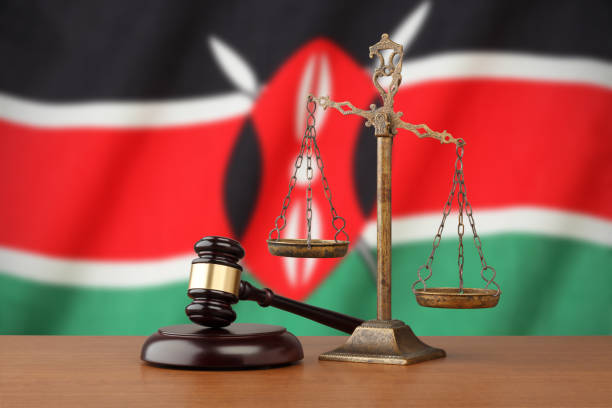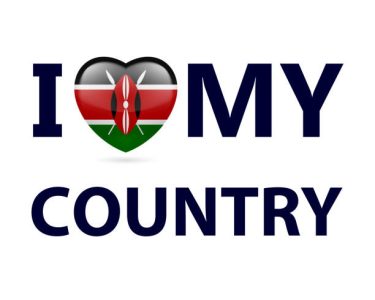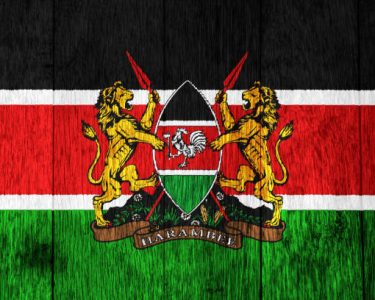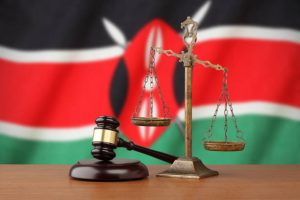
Corruption remains a persistent challenge in Kenya, undermining governance, stifling development, and eroding public trust. Corruption Watch serves as a critical platform for monitoring, exposing, and addressing corruption while advocating for accountability and transparency in the country.
Efforts to Combat Corruption
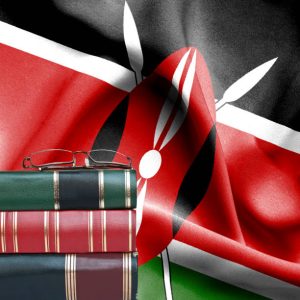 1. Anti-Corruption Initiatives:
1. Anti-Corruption Initiatives:
- Ethics and Anti-Corruption Commission (EACC): The EACC is a key institution in Kenya dedicated to preventing and combating corruption. Explore the role of the EACC, its mandate, and initiatives aimed at investigating and prosecuting corruption cases.
- Whistleblower Protection Programs: Whistleblower protection is integral to encouraging individuals to come forward with information on corrupt practices. Investigate the implementation and impact of whistleblower protection programs in Kenya, promoting a culture of transparency and accountability.
2. Technology and Transparency:
- E-Government Platforms: Leveraging technology for transparency, e-government platforms aim to streamline processes, reduce corruption risks, and enhance service delivery. Explore the integration of technology in government systems to foster transparency and minimize opportunities for corruption.
- Open Data Initiatives: Open data initiatives provide citizens with access to information, promoting transparency and enabling them to hold public officials accountable. Examine how open data initiatives contribute to the fight against corruption in Kenya.
3. Civil Society Engagement:

- Advocacy and Awareness Campaigns: Civil society organizations play a crucial role in advocating for anti-corruption measures and raising awareness among the public. Investigate the impact of advocacy campaigns in mobilizing citizens against corruption and fostering a culture of accountability.
- Community-Based Initiatives: Grassroots efforts to combat corruption often involve community-based initiatives. Explore how local communities are actively engaged in identifying, reporting, and addressing corrupt practices within their regions.
4. Legal Reforms and Judicial Processes:
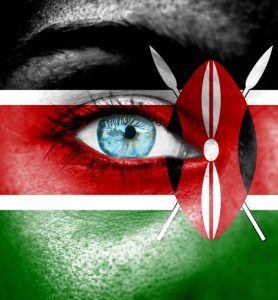
- Legislative Measures: Evaluate the effectiveness of legislative reforms aimed at strengthening anti-corruption laws, enhancing penalties, and closing loopholes that facilitate corrupt practices. Explore how legal frameworks contribute to the fight against corruption.
- Judicial Independence: The independence of the judiciary is crucial for ensuring fair and impartial adjudication of corruption cases. Examine efforts to strengthen judicial independence and the role of the judiciary in holding those involved in corruption accountable.
In conclusion, Corruption Watch plays a vital role in the fight against corruption and the promotion of accountability in Kenya. As Kenya continues its journey towards a corruption-free society, the collective efforts of organizations like Corruption Watch are essential in building resilient institutions, fostering a culture of accountability, and advancing the principles of good governance and transparency.


